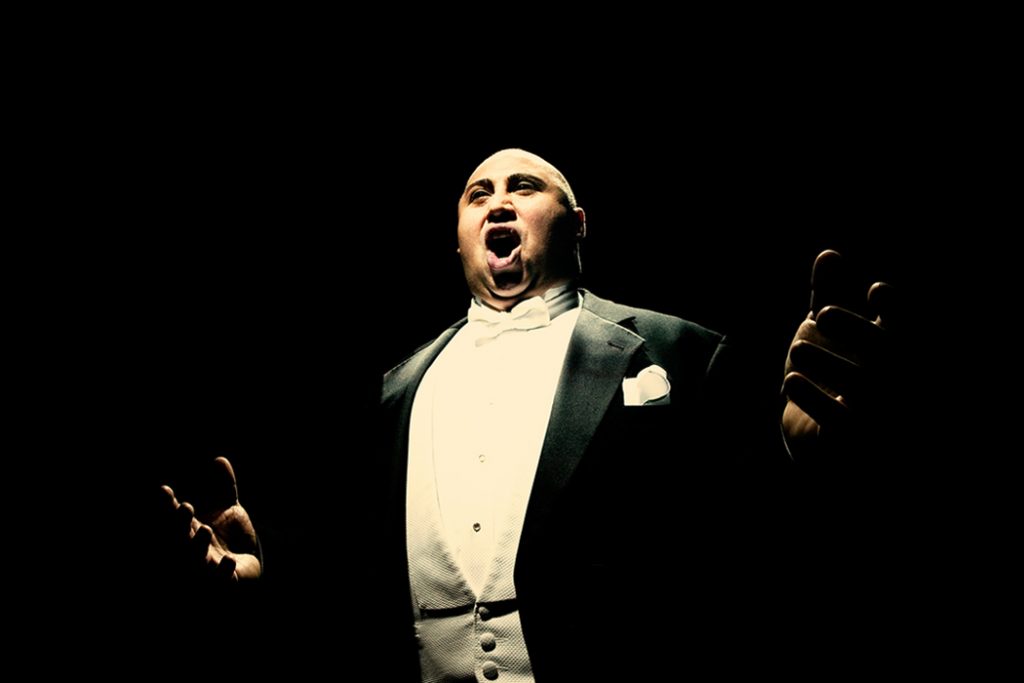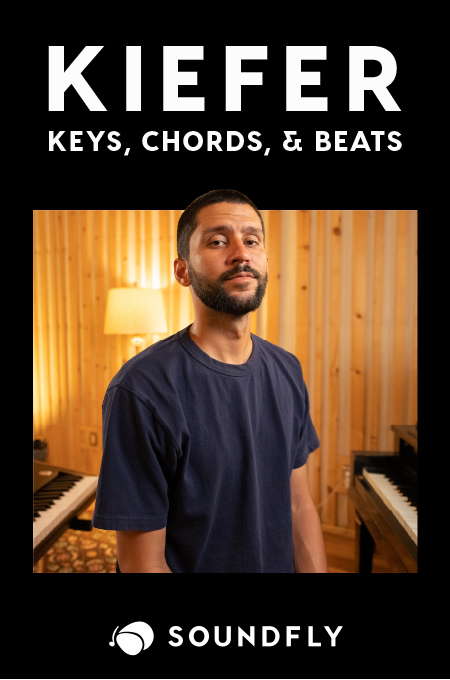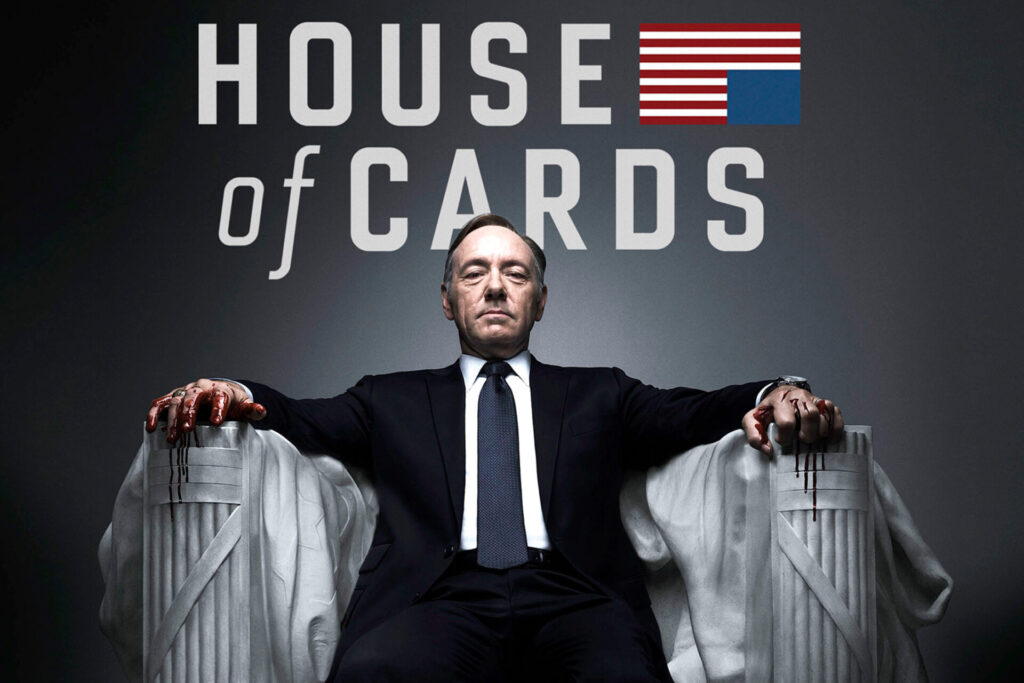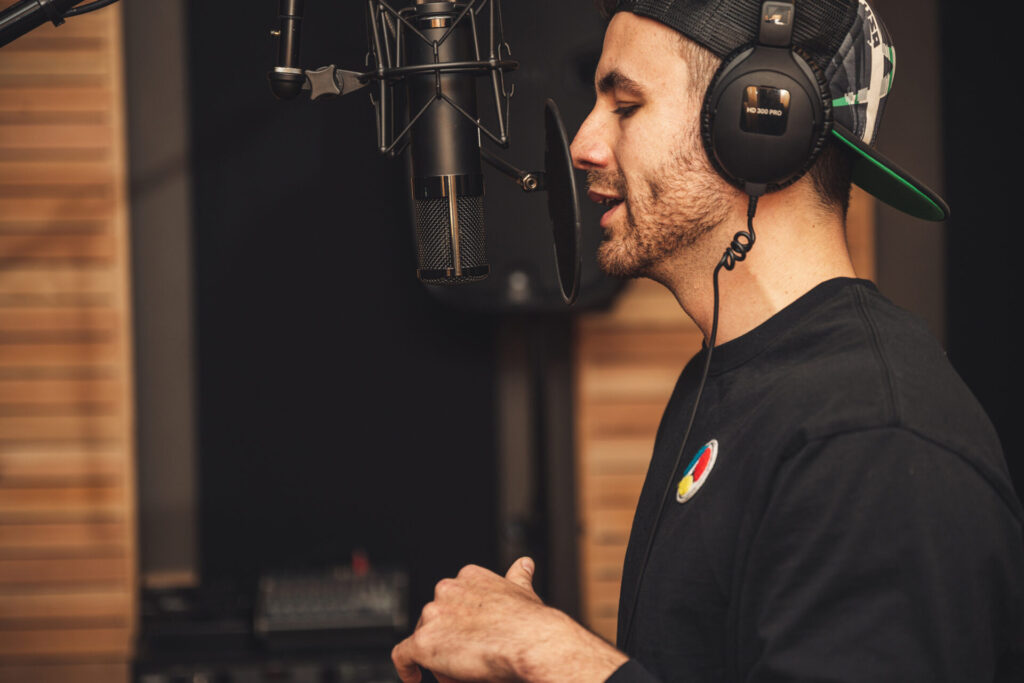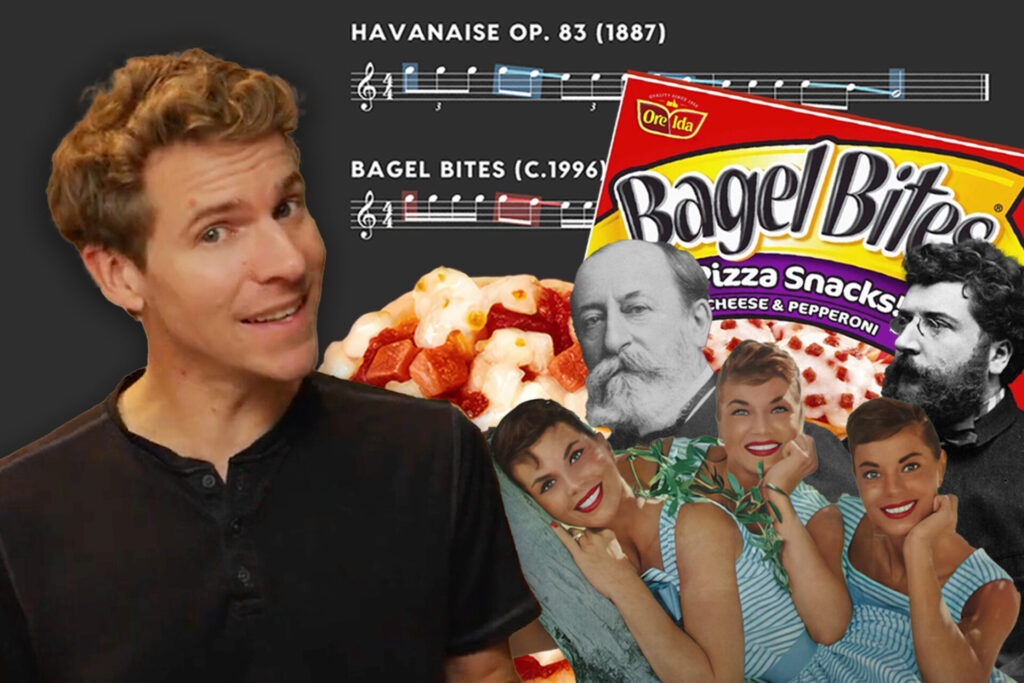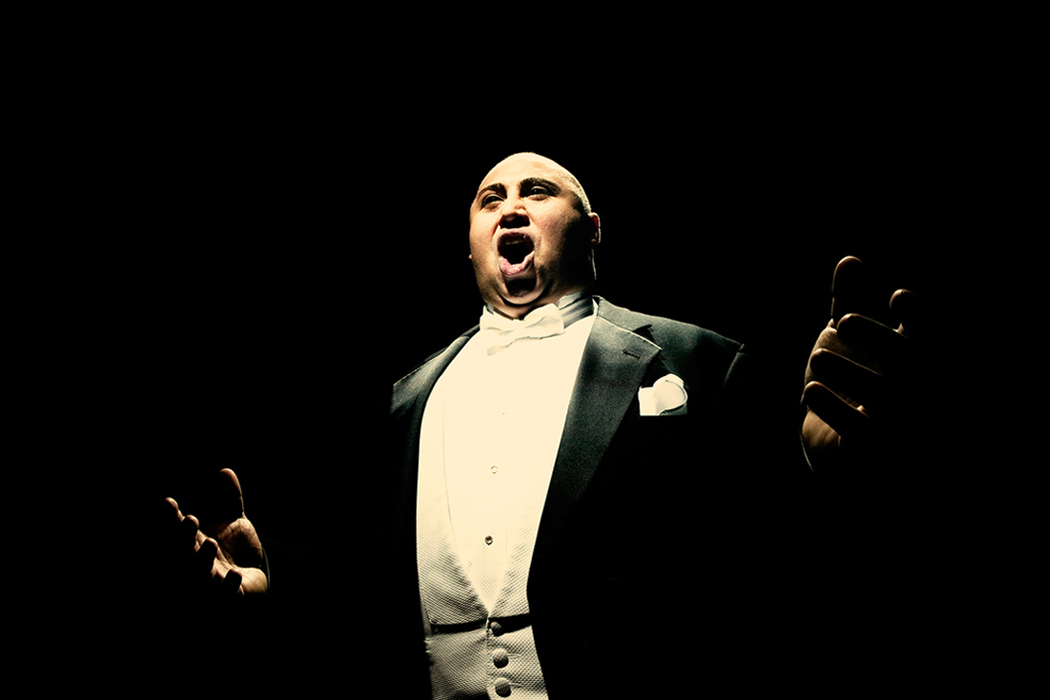
Tom Hanks: “Do you mind this music? Do you like opera?”
Denzel Washington: “I am…not that familiar with opera.”
For many, the question isn’t whether or not they like opera — it’s whether or not they’ve ever taken the time to find out. Opera tends to play a cameo role in our culture, hovering around the outer edges of our awareness: popping up in commercials, the occasional movie, or a Bugs Bunny cartoon.
So, becoming an opera lover, or at least an opera appreciator, takes a bit of initiative. And first, you should find out what it is about opera that draws you in the most.
Step One: Discover Your Tastes
For more than 400 years, opera has incorporated all the elements of composition, singing and performance, choreography, costume design, and set construction. It’s hard to know where to start. Take a look at the following clips, broken down into my own “personal taste” categories, and see which types of opera you’re most drawn to!
Operas of Soaring Beauty
“Hab’s mir gelobt” from Der Rosenkavalier by Richard Strauss — sung below by Renee Fleming, Susan Graham, and Christine Schäfer.
In this meditation on aging and mortality, an older woman lets go of her younger male lover (played here by a mezzo-soprano, or a lower-voiced woman) so he can begin a life with his newly found soulmate. It’s less a trio and more three separate arias sung at once: one gaining the acceptance that her time has passed, another conflicted between an old love and a new one, and a young woman joyously awaiting the next stage that life has in store for her.
If you liked this, definitely check out: Tristan und Isolde by Richard Wagner, Ariadne Auf Naxos by Richard Strauss, and Turandot by Giacomo Puccini.
Operas that Show What the Voice can Do
“Non piu mesta” from La Cenerentola by Gioachino Rossini.
Opera from the bel canto period — which means “beautiful singing” in Italian — emphasized exactly that: agility, flexibility, and the beauty of the human voice. If you’re into vocal fireworks, these are your operas! In this clip from La Cenerentola — “Cinderella” in Italian — the newly married princess sings about how happy she is to have transcended her prior sufferings as the poor cinder girl.
If you liked this, check out: The Barber of Seville by Rossini, Norma by Vincenzo Bellini, The Tales of Hoffman by Jacques Offenbach, Lucia Di Lammermoor by Gaetano Donizetti, and La Fille du Régiment by Gaetano Donizetti.
Operas that Make You Weep
“Act IV Finale” from La Bohème by Giacomo Puccini.
Spoiler alert — If you don’t wanna know how La Bohème ends, don’t read any further or watch this video. But most know the poor soprano doesn’t live to see the final downbeat in this one. And I am here to tell you that if you think that ruins anything for you, it does not. I have seen this thing probably a dozen times at least, and every single time, it affects me more than the last.
When everyone onstage knows that Mimi is dead, and no one has the heart to tell her boyfriend, Rodolfo? And, finally, his best friend tells him to “have courage” before Rodolfo finally realizes she’s dead and collapses? PASS THE TISSUES BECAUSE DEAL WITH THIS, I CANNOT. NOT NOW, NOT EVER!
If you liked this, check out: La Traviata by Giuseppe Verdi, Madama Butterfly by Puccini, Manon by Jules Massenet, and Tosca by Puccini.
Operas that Pack a Raw, Visceral Punch
“Salve Regina” from Dialogues of the Carmelites by Francis Poulenc.
Not quite the same as operas that make you weep, these are operas that kick you in the gut. People with a loose association with opera often don’t realize how truly dark and biting the subject matter can get — and this opera, about nuns persecuted and, finally, executed, during the French Revolution, certainly qualifies. The finale starts as a number sung by a large female ensemble until they are executed one by one and the music is sung by a quartet, then a trio, then a duet…
Ugh. And the guillotine sounds were specifically indicated by Poulenc and planned to be as random as possible, avoiding downbeats, so you never knew when the next one is coming. The gritty detail of these operas can sear you.
If you liked this, check out: The Rape of Lucretia by Benjamin Britten, I Pagliacci by Ruggero Leoncavallo, Carmen by Georges Bizet, Billy Budd by Benjamin Britten, Rigoletto by Verdi, and Porgy and Bess by George Gershwin.
Operas that are Pure Perfection
“Gente, gente, all’armi, all’armi” – the act IV finale from The Marriage of Figaro by W. A. Mozart.
“I saw a woman disguised in her maid’s clothes hear her husband speak the first tender words he has offered her in years, only because he thinks she is someone else. I heard the music of true forgiveness filling the theater, conferring on all who sat there a perfect absolution. God was singing through this man to all the world.” — Salieri recounting his feelings on Mozart’s premiere of “The Marriage of Figaro” in the film Amadeus
Ah… Mozart.
Maybe incomparable as an opera composer or a composer, period. In this scene, the Count, who believes his wife has been cheating on him, instead discovers he’s been the butt of a joke meant to show him how hypocritical he is for his cheating ways. In just under three minutes, you hear his slow realization that he’s been had, the tension surrounding him as his staff awaits his reaction, his humble plea, and her sublime issuance of forgiveness. In this music, the heavens open.
If you liked this, check out: The Magic Flute by Mozart, Cosi fan tutte by Mozart, Ariodante by George Frideric Handel, Dido and Aeneas by Henry Purcell, and Don Giovanni by Mozart.
And Modern Operas that Push Boundaries
Here’s an excerpt from Dead Man Walking by Jake Heggie
Opera isn’t all new stagings of hundreds-year-old operas; there is new, exciting music being composed — and, finally, getting performed — by venerable opera houses like the Metropolitan Opera. In 2020, Jake Heggie’s 2000 masterpiece Dead Man Walking, based on the same book by Sister Helen Prejean that the film with Sean Penn was, will finally make its way to the Met in New York City.
In the meantime, if you like new works, definitely check out Opera Philadelphia, which has shifted its focus to premiering new works almost entirely. And if you liked the above, check out Moby Dick by Jake Heggie, Anna Nicole by Mark-Anthony Turnage (Yes, THAT Anna Nicole), Doctor Atomic by John Adams, Lulu by Alban Berg, We Shall Not Be Moved by Daniel Bernard Roumain, and Two Boys by Nico Muhly.
Step Two: Get Tickets
Look up the big opera houses in your area: The Metropolitan Opera in NYC, Houston Grand Opera, San Francisco Opera, Opera Philadelphia, and the Lyric Opera in Chicago are among the biggest and most prestigious. (Most of them offer rush and discount tickets, too!)
But don’t just stop there. There are lots of smaller, more intimate “startup” opera companies mounting exciting and cutting-edge productions. In New York, check out Loft Opera, which mounts productions in Brooklyn warehouse spaces, and OnSite Opera, which builds opera programming specific to the unique space they perform in.
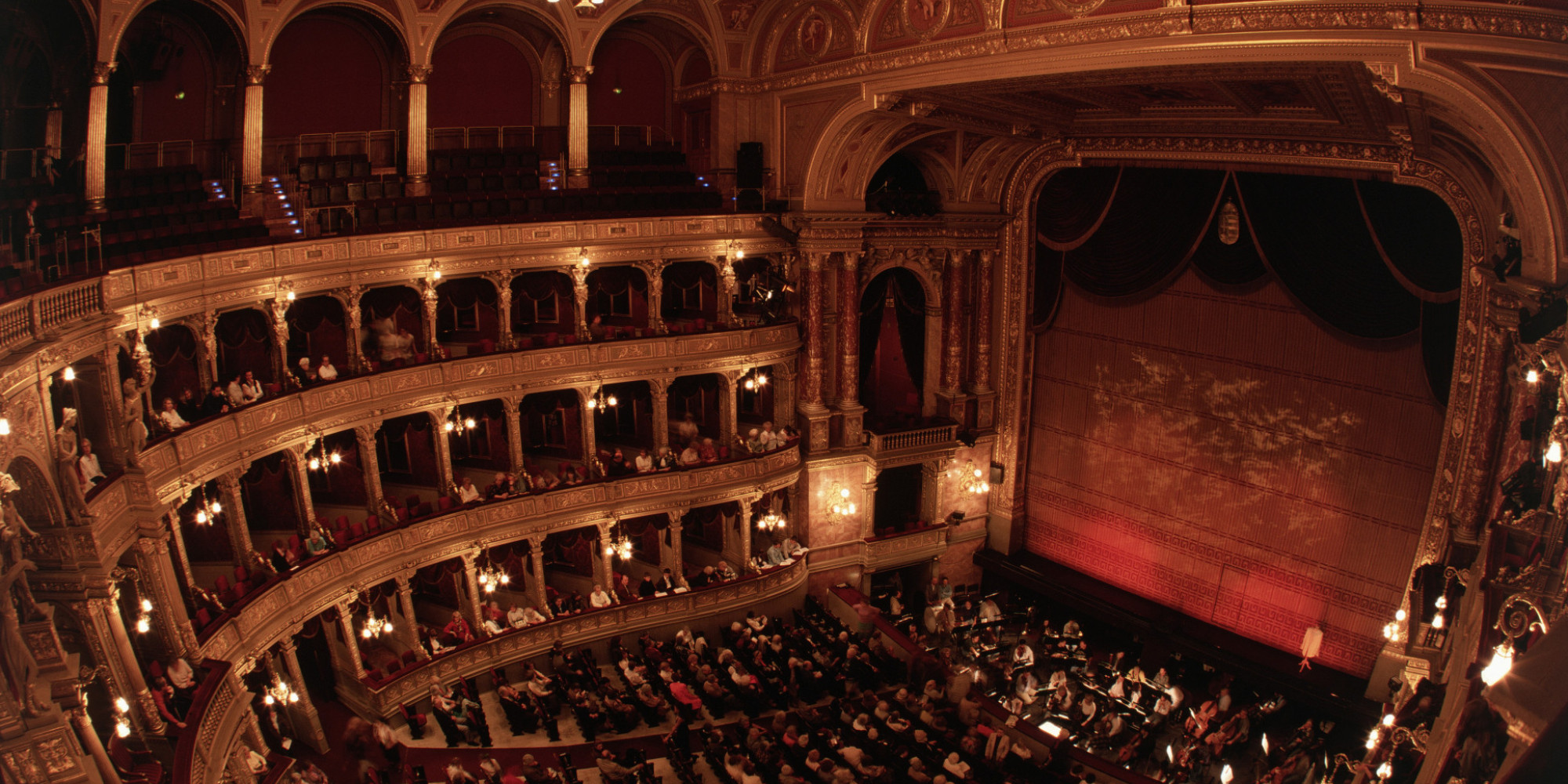
Step Three: Get Context
Once you’ve got your tickets to an upcoming opera, research it and listen to it in advance. Familiarity is often the only element missing when it comes to appreciating opera and classical music.
Learn why the opera is famous, what the musical highlights are, what’s especially challenging about the roles, and what the singers’ careers have been like so far. Having that kind of background knowledge will only enhance your enjoyment and appreciation of the performance!
And if you failed and didn’t do your homework in time, no worries: nearly all opera performances these days feature supertitles — projections of the English translation above the stage — so you always know what’s being said. (The Metropolitan Opera in NYC even puts these on the back of the seat in front of you, and is available in multiple languages.)
Step Four: Enjoy!
Dress nicely (though, unless you’re attending the opening night at The Met, leave the black tie and gown at home), turn your cell phone off, arrive on time… and, of course, pack the tissues.

If you’re inspired to start composing and arranging your own music, check out two of our most popular five-week intensive courses, Orchestration for Strings and Introduction to the Composer’s Craft, and learn to write for orchestras and ensembles large or small with the help of a personal mentor.
